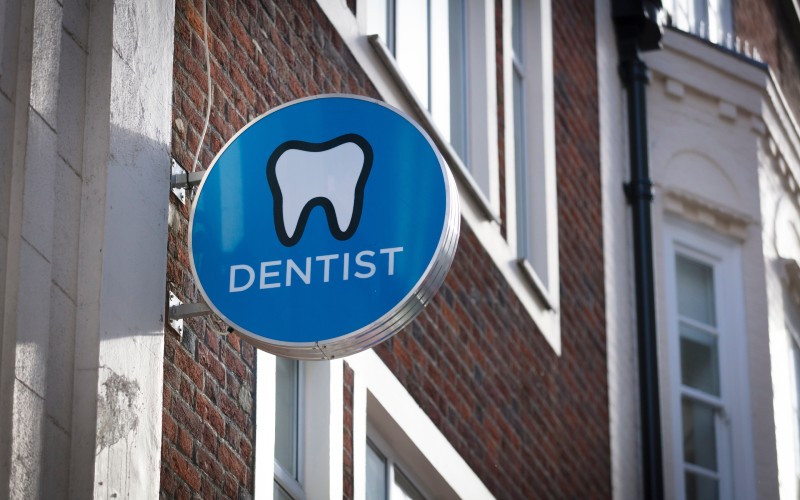
With ‘dental deserts’, where there is little NHS dental care provision, reportedly growing across the UK the national shortage of dentists and dental care professionals has been addressed in the UK Government’s Dental Recovery plan.
The plan, which seeks to reverse the impact of the pandemic whilst also reforming NHS dentistry, includes a new proposal for the registration of overseas-qualified dentists. However, there are serious questions about whether the measure will do enough to address the shortfall of dental professionals in the UK.
The UK government is currently holding a consultation, which closes on 16 May 2024, on the proposal to enable overseas-qualified dentists who have not yet achieved full GDC registration to be able to work in the UK more quickly through the introduction of a system of provisional registration. This would allow an overseas-qualified dentist to practise in any dental setting, including high street dental practices, under the supervision of a dentist who has full GDC registration.
Dentists with qualifications from a recognised UK dental school, or recognised qualifications in dentistry from the European Economic Area or Switzerland are eligible to join the dentists register if they satisfy GDC’s requirements. Dentists with qualifications from elsewhere are required to pass the Overseas Registration Exam run by GDC or the Licence in Dental Surgery run by the Royal College of Surgeons before they can achieve full registration with GDC and begin practising dentistry; it can take years to complete these exams.
Provisional registration would allow overseas-qualified dentists to work under supervision while studying for the relevant exams, enabling them to gain experience in the UK and ease the pressure on NHS Dentistry.
GDC registration is just the first step to permit overseas-qualified dentists to practise in the UK. Dental practices looking to fill vacancies with overseas-qualified dentists will need to apply and pay for a sponsor licence from the Home Office before meeting certain requirements before they can bring in overseas-qualified dentists to work in the UK. Dental practitioners and dental technicians are eligible for the Health and Care Worker visa which offers reduced fees and fast-track processing to applicants.
As part of its role as the UK’s dental regulator, the GDC will be given the power to determine the appropriate level of supervision. The level of supervision required to ensure clinical standards are maintained may be extensive and this could result in qualified dentists seeing fewer patients while they supervise overseas-qualified dentists.
Legislative changes made in March 2023 gave GDC increased flexibility to determine how it assesses overseas-qualified dentists for full registration. It is open to the GDC to reform the current examination process with a more streamlined process which would ensure that overseas-qualified dentists can be assessed quickly instead of introducing a potentially cumbersome provisional registration.
Another potential solution would be to expand the list of recognised qualifications to include other countries with a high standard of dental education such as Canada, Japan, or the USA. The proposal for overseas-qualified dentists is a step in the right direction but does not go far enough to remove barriers for overseas-qualified dentists.
